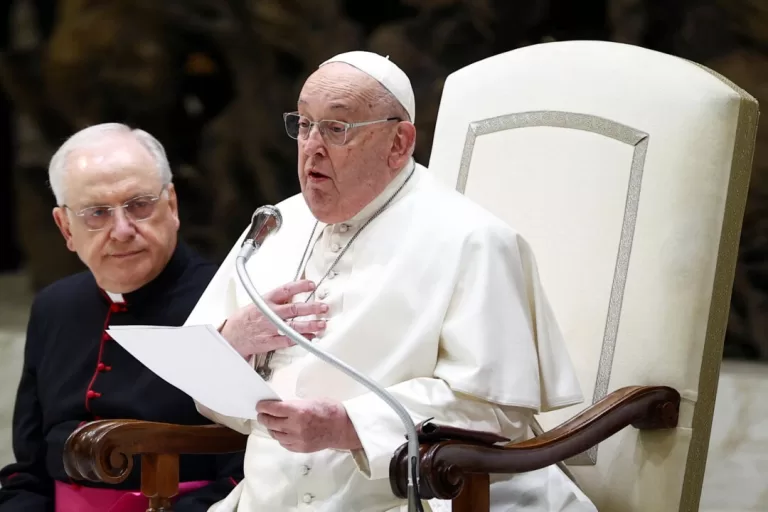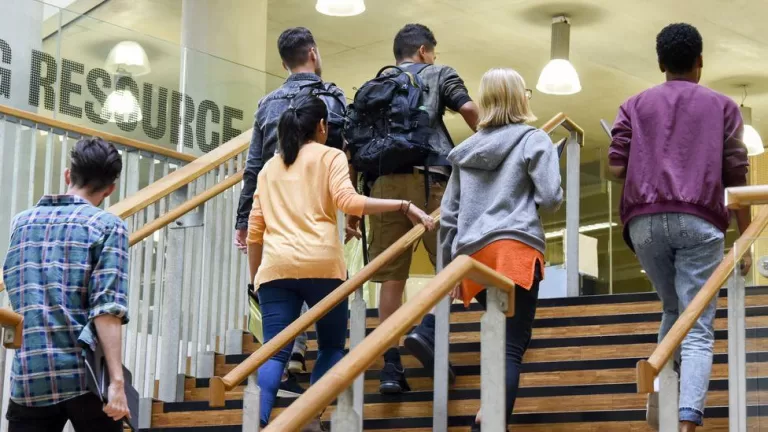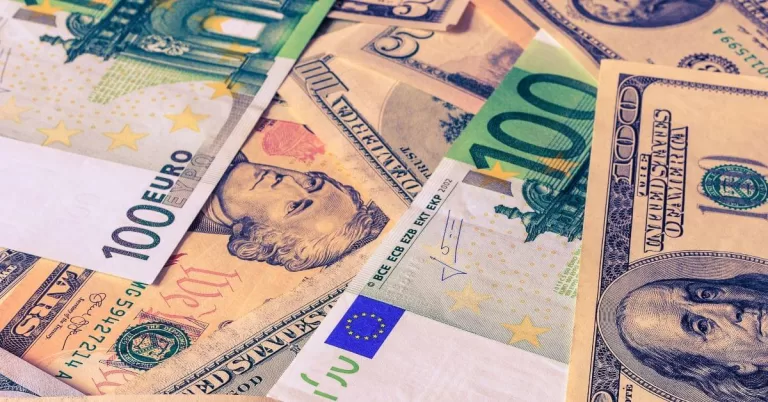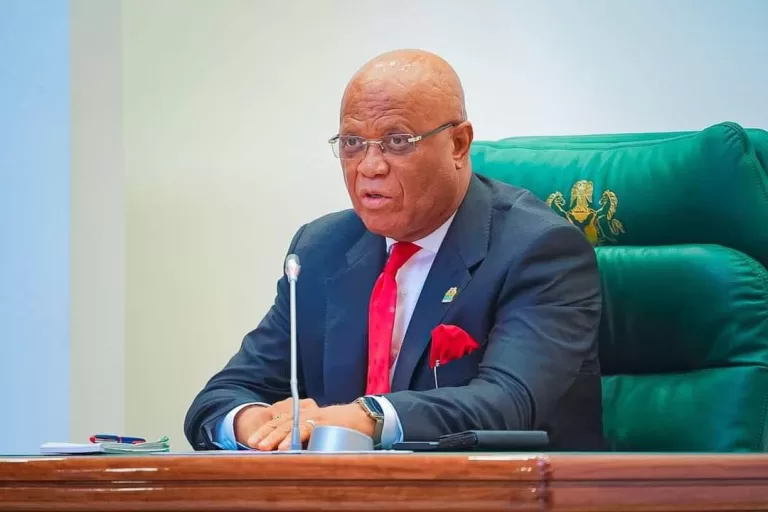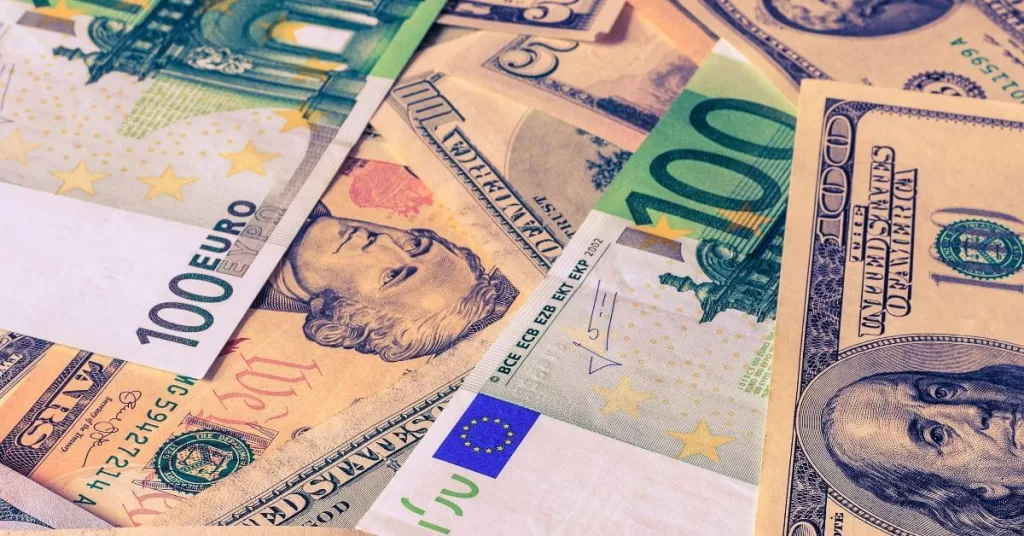
In an age of tap-and-go convenience and crypto dreams, British lawmakers are sending a clear, unexpected message to the public: keep cash at hand – just in case.
The UK Parliament’s Treasury Committee has advised the Treasury to consider the critical role of physical cash in emergency preparedness. Their concern? That a growing reliance on digital payments now dominant in UK transactions may expose the country to economic paralysis in the event of a cyberattack, technological failure, or power outage.
Speaking on Wednesday, MPs warned that amid threats from state-sponsored cyber actors or even accidental disruptions in digital banking systems, cash remains the only truly resilient form of payment. In their words: “Cash is independent, government-backed, and analogue – it works when digital fails.”
A Declining, But Essential Currency
Cash usage in the UK has plummeted. In 2013, over half of all payments were made in cash. By 2023, that number fell to just 12%, according to industry body UK Finance. The rise of contactless, online banking, and mobile payments has accelerated this decline. But this trend is sounding alarms, not just among privacy advocates and the elderly, but now among MPs concerned about national resilience.
Other countries are already adjusting course. Sweden, once a poster child for cashless economies, has reversed its position—urging citizens to keep enough cash on hand to survive at least one week without access to digital payment systems. Norway and Finland have also issued similar recommendations in the face of cybersecurity concerns and energy grid instability.
“Civil Order Requires Cash”
Cybersecurity experts have long warned that digital finance’s Achilles heel is its dependence on infrastructure, servers, power grids, mobile networks all of which can be compromised. According to Andy Farnell, cybersecurity researcher and educator at Boudica Cybersecurity, cash serves as a stabilizing force in the early days of any major outage.
“The ability to self-manage trade through formal or informal cash is vital for civil order,” Farnell said, citing the “critical two- to five-day window” following a major disruption.
Cash allows people to buy essentials food, fuel, medicine even when banks are offline or payment terminals go dark. For millions, it is the only backup system that doesn’t need charging or internet access.
A Two-Tier Economy Emerging
Beyond security, the Treasury Committee warns of growing financial exclusion. Vulnerable groups including the elderly, the disabled, and survivors of financial abuse rely heavily on cash. When it’s not accepted, they’re effectively locked out of essential services.
Charities told MPs that even local government services like parking and leisure centres are phasing out cash, pushing these groups further to the margins. Without strong protections, the UK risks forming what the committee calls a “two-tier society” where only the digitally fluent thrive.
“We must avoid sleepwalking into a society where cash is no longer an option,” said Dame Meg Hillier MP, Chair of the Treasury Committee. “This is a wake-up call.”
What to Take Away From This Story
- Keep Some Cash on Hand: In a world increasingly vulnerable to cyber risks, having cash could mean the difference between continuity and chaos during an emergency.
- Cash is Still Lifeline Tech: It’s more than nostalgic currency it’s a vital tool for financial resilience, especially for the vulnerable.
- Governments Are Reassessing Cashless Futures: The UK joins countries like Sweden and Finland in recognising that digital-only systems carry significant civil risks.
- Cash Acceptance May Become Mandated: If the trend continues, the UK government may be forced to legislate to ensure cash remains usable everywhere.
In an increasingly digital financial system, this isn’t a call to resist progress it’s a reminder that resilience matters more.
Your phone might fail. Your bank might glitch. But cash still works.



